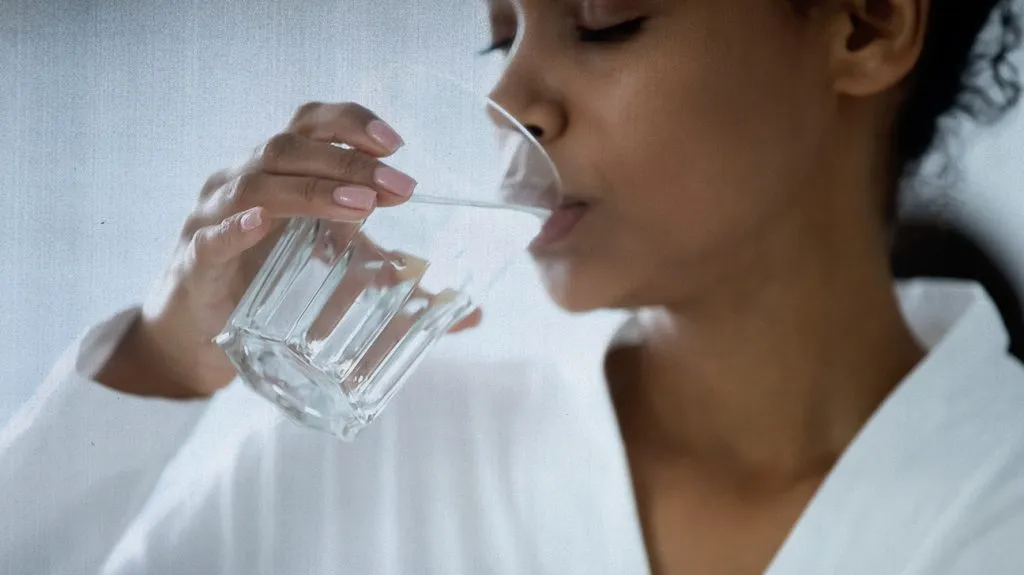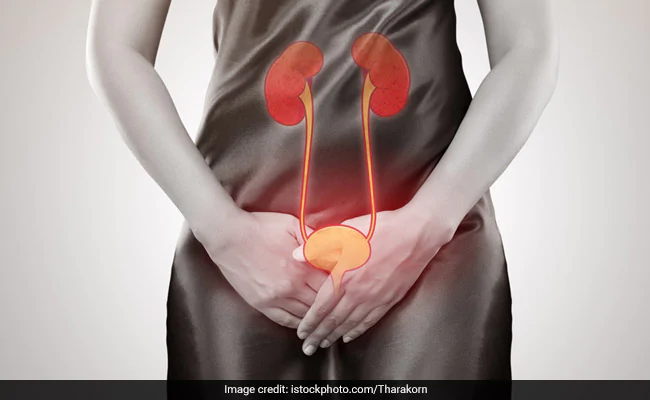- Our Doctors
- Our Specialities
Centres of Excellence
-
 Centre for Blood Diseases, BMT & Cancer Immunotherapy
Centre for Blood Diseases, BMT & Cancer Immunotherapy -
 Centre for Bone, Joint & Spine
Centre for Bone, Joint & Spine -
 Centre for Critical Care Medicine and ECMO Services
Centre for Critical Care Medicine and ECMO Services -
 Centre for Gastrosciences
Centre for Gastrosciences -
 Centre for Heart & Vascular Care
Centre for Heart & Vascular Care -
 Centre for Nephro-Urosciences
Centre for Nephro-Urosciences -
 Centre for Neurosciences
Centre for Neurosciences -
 Centre for Obstetrics and Gynaecology
Centre for Obstetrics and Gynaecology -
 Centre for Organ Transplantation
Centre for Organ Transplantation
Super Speciality
-
 Advanced Diagnostic and Interventional Radiology
Advanced Diagnostic and Interventional Radiology -
 Anesthesiology & Pain Management
Anesthesiology & Pain Management -
 Clinical Nutrition and Dietetics
Clinical Nutrition and Dietetics -
 Dental and Maxillofacial Surgery
Dental and Maxillofacial Surgery -
 Dermatology
Dermatology -
 Emergency and Trauma
Emergency and Trauma -
 Endocrinology and Metabolic Disease
Endocrinology and Metabolic Disease -
 ENT and Head & Neck Surgery
ENT and Head & Neck Surgery -
 Family Medicine
Family Medicine -
 General and Laparoscopic Surgery
General and Laparoscopic Surgery -
 General Medicine
General Medicine -
 GI Onco Surgery
GI Onco Surgery -
 GI Oncology
GI Oncology -
 GI Surgery, Advanced Laparoscopy and Gastro Oncosurgery
GI Surgery, Advanced Laparoscopy and Gastro Oncosurgery
-
- Key Procedures
- Our Hospitals
- International Patient
- Contact us
-
Quick Links
Blogs

Dehydration
Almost 70% of our body is made up of water. We need water for survival as almost all of our body’s biological processes are aided by water. From making the saliva and helping in digestion, to regulating body temperature and even lubricating the joints, water is much needed to stay alive. When there is an absence of a sufficient amount of water level in the body, a condition called dehydration occurs.
Dehydration is a health condition that happens when the body loses too much water. Most people can tolerate a 3-4% decrease in total body water without any complications or adverse health effects. A 5-8% decrease can cause fatigue, headache, and dizziness. Loss of over 10% percent of total body water can cause physical and mental deterioration, accompanied by severe thirst which are common signs of dehydration.
Why Does Anyone Get Dehydrated?
Losing excess water or fluids from the body disturbs the normal fluid balance. There can be many reasons for a person to lose fluids from the body, the most common is excessive sweating which is seen in athletes or those who have a lot of physical activity. Health conditions like diarrhea, vomiting, and fever also cause fluid loss. Certain medications such as diuretics or commonly known as ‘water pills’ cause excessive urination that contributes to fluid loss. But the most common reason for general dehydration is not drinking enough water.
Don’t Let Dehydration Become Severe!
Excessive thirst, dry mouth and skin, fatigue, muscle cramps, and dark-colored urine are common signs that your body is dehydrated. If left untreated, other serious symptoms such as dizziness, rapid heartbeat, confusion, and shock require emergency medical management.
Who Is at Risk of Dehydration?
The pediatric (babies and infants) due to lower body weight and geriatric (older adults) due to not remembering to drink water are at a higher risk of being dehydrated. People who suffer from alcoholism, and diabetes are also at risk as well as athletes who lose excessive fluid through sweating.
How to Manage Dehydration?
Mild dehydration can be managed by increasing the intake of fluids such as water, lemonade, or homemade beverages and electrolyte-balancing drinks such as energy drinks or sports drinks. Make sure to avoid carbonated, fizzy drinks, or caffeinated beverages.
The World Health Organization recommends the use of oral rehydration solutions, which are specially designed for children with diarrhea and dehydration. The solution contains a mixture of potassium, salts, and sugars to restore the correct balance of body fluids. In case of severe dehydration, medical management through intravenous fluids is needed to prevent any fatal complications.
Can Dehydration Be Prevented?
Intake of enough fluids is the only way to prevent dehydration. Here are some tips:
- Drink an optimum amount of water daily. It is recommended to have minimum of 1 lit of water daily.
- For athletes or individuals doing strenuous activities daily, sports drinks can be useful.
- Avoid drinks that have sugar and caffeine in case of feeling very thirsty. Drink a glass of water or lemonade instead.
Latest Posts
-
 Awake Craniotomy Jul 12, 2022
Awake Craniotomy Jul 12, 2022 -
 Curing Constipation Jul 12, 2022
Curing Constipation Jul 12, 2022 -
 The ‘Gut Health’ Buzz Jul 12, 2022
The ‘Gut Health’ Buzz Jul 12, 2022 -
 Tips to Prevent UTI Jul 12, 2022
Tips to Prevent UTI Jul 12, 2022
Categories
- Clinical Nutrition and Dietetics
- Endocrinology and Metabolic Disease
- General and Laparoscopic Surgery
- General Medicine
- Physical Medicine and Rehabilitation
- Psychiatry
- Centre for Heart & Vascular Care
- Centre for Bone, Joint & Spine
- Centre for Neurosciences
- Centre for Gastrosciences
- Centre for Nephro-Urosciences
- Centre for Blood Diseases, BMT & Cancer Immunotherapy
- Centre for Obstetrics and Gynaecology

 +91 9393 108 108
+91 9393 108 108

















































